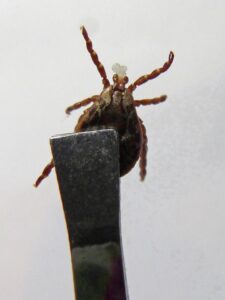You have probably heard the term ‘catnip’ to describe a short-lived high, compelling behavior or just a completely insane moment in life. The term derives from a herb called Catnip that causes many kitties to go absolutely crazy.
What exactly is Catnip?
Catnip is also known as Nepeta Cataria, a pretty common little plant that is part of the mint family and often found along the railroads and highways in North America (although you should never use these ones to feed your cat as they will be covered in harmful toxins from the exhausts of cars).
The active ingredient in catnip is nepetalactone which mimics the pheromones found in cats and stimulates their unique responses. Nepetalactone is also know to affect human beings and in the 1960s was regularly smoked as a substitute for marijuana. In humans it produces a low level high, mild hallucinations and a slight sedative effect, which may explain some of how cats feel when exposed to it!
How does it work?
It is actually the scent of catnip that drives cats’ wild, and rubbing and touching the leaves stimulates more of the scent to be released. That is why you see so many cats rolling and rubbing their faces in it.
Are all cats affected?
Actually, no. Cats need to be at least 6 months old to be able to react, but estimates suggest that only between 50 and 70% of cats are affected by catnip, and not all of those react to the same degree. Some experts suggest that genetic inheritance plays a large role in a feline’s reaction to catnip.
How might my cat react to catnip?
Typical reactions to catnip include flipping, rolling, rubbing, meowing and/or growling incessantly, hyperactivity, aggressive behaviors and usually eventually zoning out. The whole episode usually lasts around 10 minutes after which your cat appears to return to normal. If she is exposed to catnip again straight after one episode, she is unlikely to respond in the same way. It can take a cat several hours to ‘reset’ fully after a catnip episode and become susceptible again.
Is it safe to give my pet?
While it may come across like doping your pet, catnip is actually completely non-toxic meaning that it is perfectly safe to give your feline companion and should have no long-lasting effects.
If your cat consumes a large quantity of fresh catnip then she may experience some diarrhea and/or vomiting, but this tends to be very rare and self-limiting, and you should withhold catnip until you consult with your veterinarian.
Can I grow my own?
Growing your own catnip is extremely easy and if you don’t keep on top of it you may end up with a garden full! It is a perennial plant and should be readily available in your local nursery.



